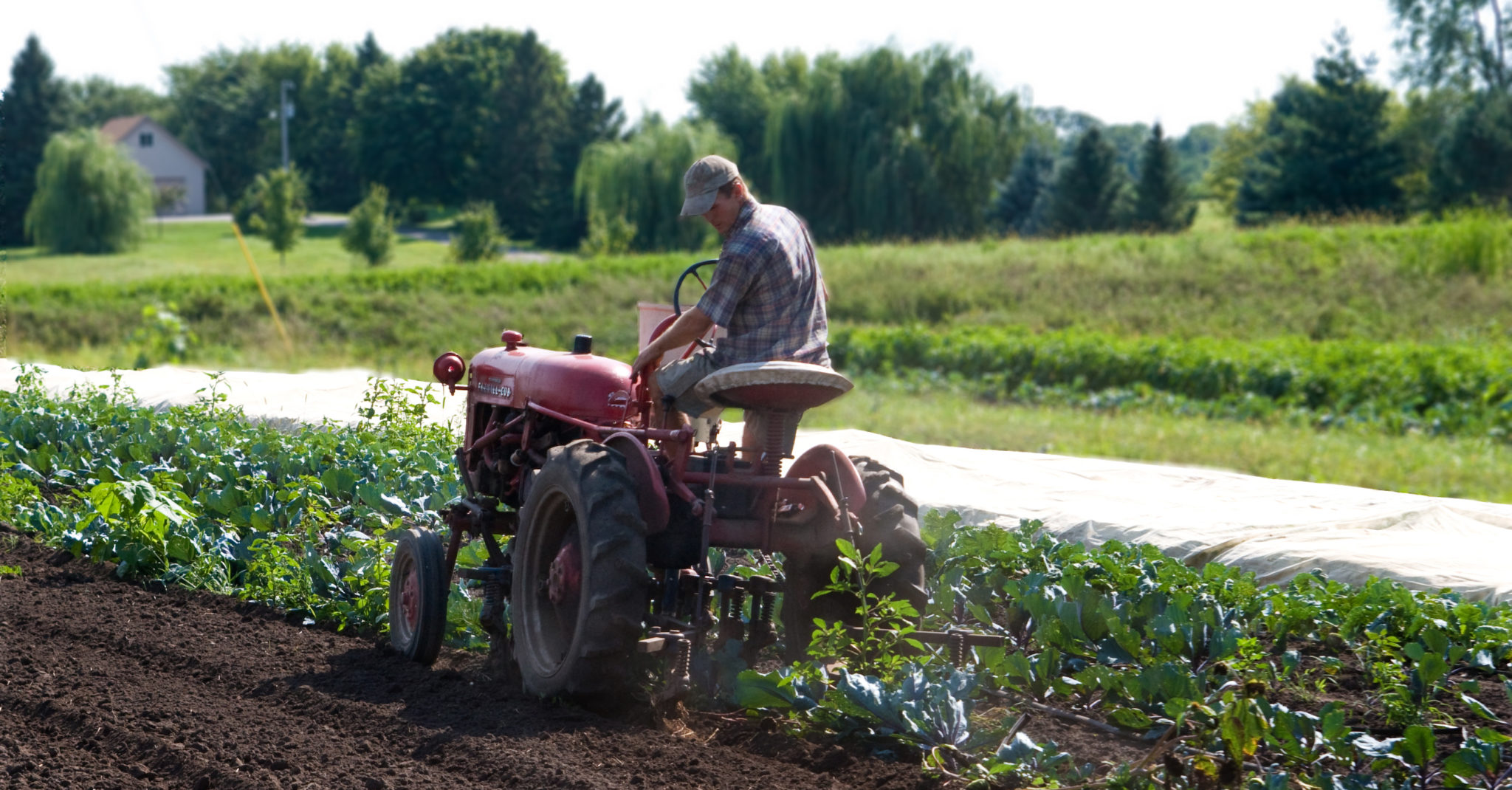
October is Farm to School month, and a new study from Colorado State University is examining the economic impact of local food purchasing. The study, The Economic Impacts of Farm to School: Case Studies and Assessment Tools, provides new insight about the potential for farm-to-school purchasing to positively affect local economies.
Farm to school
Farm to school is the connection communities have with fresh, healthy food and local producers by changing food purchasing and education practices at schools and early-care and education sites. Farm-to-school implementation differs by location, but always includes one or more of the following: procurement (local foods are purchased, promoted and served in the cafeteria or as a snack or taste test); education (students participate in educational activities related to agriculture, food, health or nutrition); and school gardens (students engage in hands-on learning through gardening).
“Local, state and federal policies support Farm to School programs believing these programs result in positive local and regional economic impacts,” said Assistant Professor of Agricultural and Resource Economics Becca Jablonski, who led the study. “Yet, little research has explored the economic impact of these programs. This report, building off of a Toolkit released by the USDA Agricultural Marketing Services in 2016, provides a guide for communities to assess the economic impacts of farm-to-school programs. Through using a standardized approach, we can better understand the economic impacts of these programs and policies.”
Economic impact
The study found that not only were surveyed farmers satisfied or very satisfied with most aspects of farm-to-school sales, but farm-to-school farms purchase more goods from their local economy, which results in a positive local economic impact.
The report also offers an adaptable survey and analysis protocol for performing farm-to-school economic impact assessments to support and encourage more research that will continue to build the economic case for farm to school.
Findings of the study
A webinar was held Oct. 11 to present findings of the study. The webinar can be viewed at foodsystems.colostate.edu.
The Economic Impacts of Farm to School: Case Studies and Assessment Tools was funded by Co-bank in partnership with the National Farm to School Network. A journal article with the study’s findings is forthcoming in Renewable Agriculture and Food Systems. In addition, the pilot project led to an Agriculture Food and Research Initiative grant that will be led by CSU Assistant Professor of Agricultural and Resource Economics Alessandro Bonanno and Jablonski. More information can be found here: http://foodsystems.colostate.edu/research/farm-to-school/